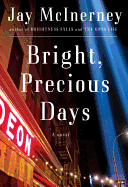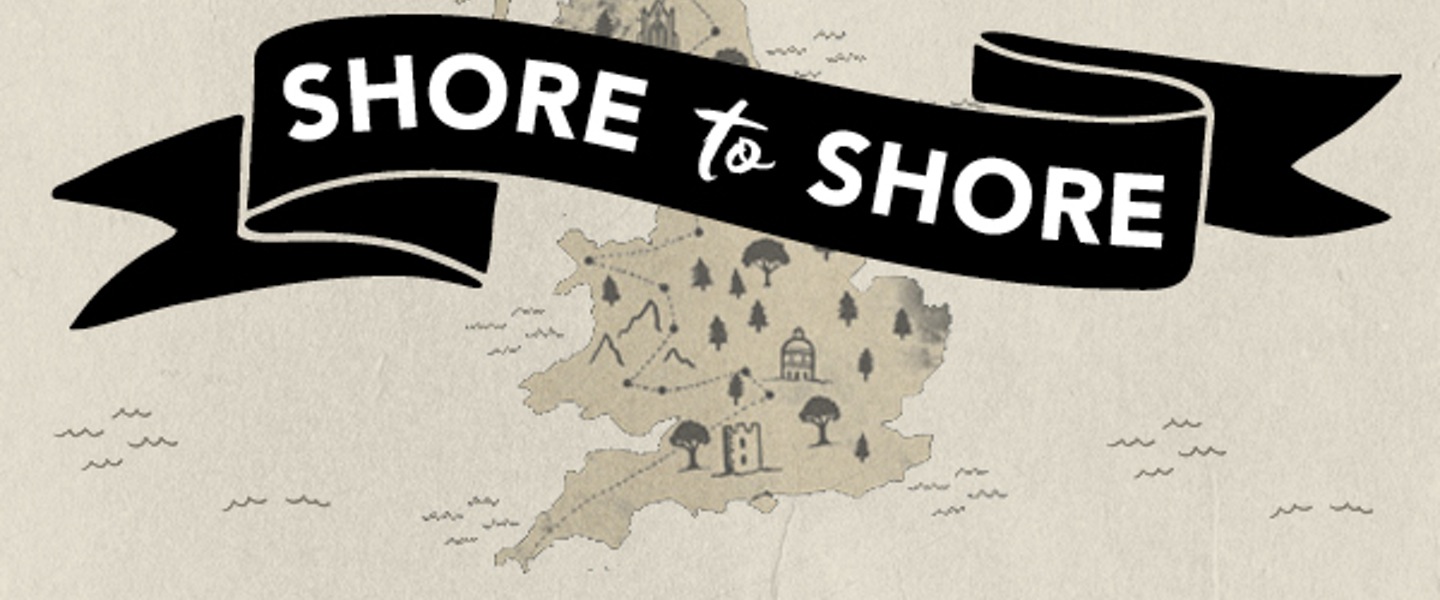 Poetry "doesn't have to show its passport," British poet laureate Carol Ann Duffy told the Guardian in May for a piece promoting Shore to Shore: Celebrating Poetry and Community. The campaign, presented by Picador and Book-ish Bookshop, was tied to Independent Bookshop Week. Beginning June 19, Duffy traveled across Britain and performed with "three of the fellow poets whom she most admires: Gillian Clarke, Imtiaz Dharker and, the new Makar, National Poet for Scotland, Jackie Kay." Each evening featured a guest poet and music from instrumentalist and composer John Sampson.
Poetry "doesn't have to show its passport," British poet laureate Carol Ann Duffy told the Guardian in May for a piece promoting Shore to Shore: Celebrating Poetry and Community. The campaign, presented by Picador and Book-ish Bookshop, was tied to Independent Bookshop Week. Beginning June 19, Duffy traveled across Britain and performed with "three of the fellow poets whom she most admires: Gillian Clarke, Imtiaz Dharker and, the new Makar, National Poet for Scotland, Jackie Kay." Each evening featured a guest poet and music from instrumentalist and composer John Sampson.
Through their Guardian diary, I tracked the pilgrimage because I care about poetry and booksellers, but soon found myself swept up in the approach and cresting of a dangerous wave--the controversial Brexit referendum to leave the European Union. The poets' journal entries were a compelling, deeply personal response to a moment most of us experienced as headlines:
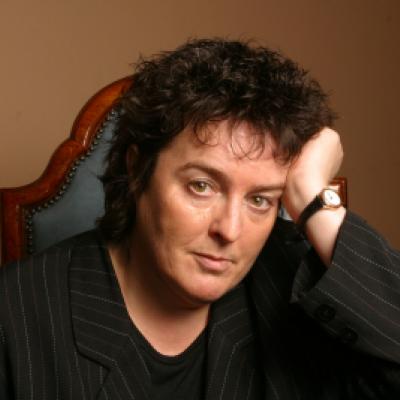 |
| Carol Ann Duffy |
|
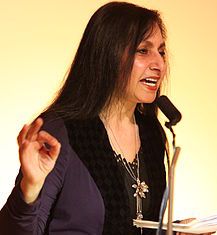 |
| Imtiaz Dharker |
|
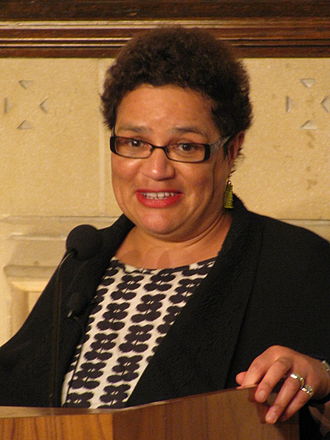 |
| Jackie Kay |
|
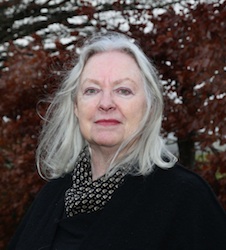 |
| Gillian Clarke |
|
June 20 (written by Duffy): "Sometimes at poetry readings, it's possible to take the pulse of how people who love poetry are feeling. Today, the air seems bruised with hurt--perhaps because of Orlando, or the murder of Jo Cox, or the gathering tsunami of the referendum. In this moment, these events seem linked, at least in the public hurt shared by the hundreds here. And although we poets have no agenda--I am reading poems written 30 years ago--the poetry has been live-wired to this present and this public."
June 21 (Imtiaz Dharker): "Carol Ann Duffy has devised a game to keep us occupied on this four-hour journey. We have to decide which (dead) poets would choose to Leave, and which Remain, with opinions backed by quotes from the work. It all begins well enough: Donne ('No man is an island'), Larkin ('Get out as quickly as you can'), Stevie Smith, ('I was much too far out all my life'), but quickly descends to 'Brexit, pursued by a bear.' The conversation turns to Shakespeare instead."
June 22 (Gillian Clarke): "Again laughter, silent listening, a tear or two, applause. People are ready for poetry in these times. (I think I might have gone mad at home alone this week.)"
June 23 (Jackie Kay): "Our voices have now started to merge like the fields, ceding and giving way one to the other.... By the end of the night some of our eyes are tear-stained. We just don't know what this next day will bring, this day of changing or staying the same."
June 24 (Duffy): "Referendum Day. As I write, it's approaching 6 a.m. and J.K. Rowling has tweeted that Cameron's legacy will be the breaking of two unions. His unleashed genie has indeed given us our country back--torn in two like a bad poem."
June 27 (Dharker): "I wake in the same bed, expelled to another country overnight.... All of us shift our readings slightly. Gillian reads Lament, Jackie In My Country, Carol Ann Weasel Words: all poems written years ago, but relevant today. There are no overt political statements but the choices are fierce. The people who come to speak to us at the signing tell us that the poetry has helped."
June 29 (Duffy): "Arriving in West Didsbury, where we'll stay for an event in Bramhall, Cheshire, we pass an unusually huge funeral cortege approaching the cemetery. 'Who are they burying?' wonders Imtiaz Dharker. 'Our hopes,' says Gillian Clarke."
June 30 (Dharker): "The readings have become more and more like conversations between one poem and another, seeming to respond to the bizarre turns of events and the messages on Facebook.... The map of the country I thought I lived in is changing from one day to the next, before my eyes."
July 1 (Clarke): "Subtly, subversively, words speak to the heart, the hurt, the anxiety of a nation in crisis. We see it, and hear it, in every audience, every town, every stopping-place on this journey that has brought us so far from Cornwall to Corbridge, gratitude at the signing table from people who can speak to us and to each other at last. It is the best of times, it is the worst of times. Those who have broken Britain should hear their words."
July 2 (Kay): "We listen to each other's poems now, and realize we are comforting each other.... At the end the whole audience are on their feet--they stand clapping and cheering for so long it makes some of us cry. Someone says, 'You were like a building, each one of you held a different bit up. You lifted us.' "
July 4 (Kay): "Our bookshop partner tonight is the Mainstreet Trading Company, a winner of the independent bookshop of the year award--and deli of the year. It's been amazing to see how each bookshop in each place has felt so appreciative of our venture, Carol Ann Duffy's brilliant idea."
July 5 (Dharker): "Our bookshop here is Atkinson-Pryce, which sits at the center of Biggar among centuries-old houses. It is the kind of place that draws people in as if it were a village well."
July 7 (Duffy): "We started this tour in a chorus of celebration, but the key has changed from major to minor and we end in a psalm of consolation--poetry as the music of being human. We're up and off early next morning and part fondly at Edinburgh airport for London, Cambridge, Cardiff and Manchester. Home will be different when we get there... God bless us, every one."
Best, perhaps, to end with words from Clarke's June 27 entry: "Yet the people rise to the evening, poetry and music do their work, and we are human together." --Robert Gray, contributing editor (column archives available at Fresh Eyes Now)
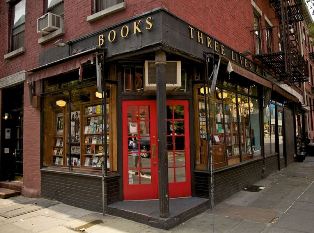 In a letter from state Senator Brad Hoylman, local officials urged the Levine family to give Three Lives a multi-year lease: "The sad fact is that our community has lost numerous independent bookstores in recent years, including the closures of Oscar Wilde Bookshop, Left Bank Books, and Partners & Crime and the relocation of Bonnie Slotnick Cookbooks." The letter was signed by Hoylman, Manhattan Borough President Gale Brewer, Assemblywoman Deborah Glick and City Councilman Corey Johnson.
In a letter from state Senator Brad Hoylman, local officials urged the Levine family to give Three Lives a multi-year lease: "The sad fact is that our community has lost numerous independent bookstores in recent years, including the closures of Oscar Wilde Bookshop, Left Bank Books, and Partners & Crime and the relocation of Bonnie Slotnick Cookbooks." The letter was signed by Hoylman, Manhattan Borough President Gale Brewer, Assemblywoman Deborah Glick and City Councilman Corey Johnson.









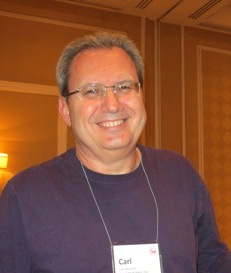


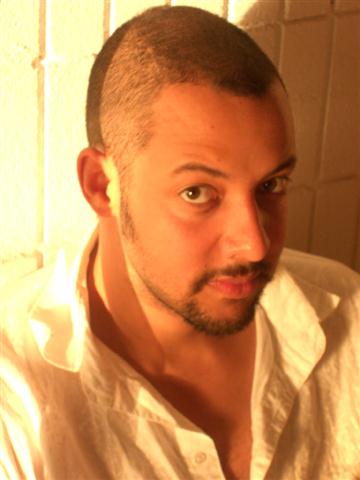
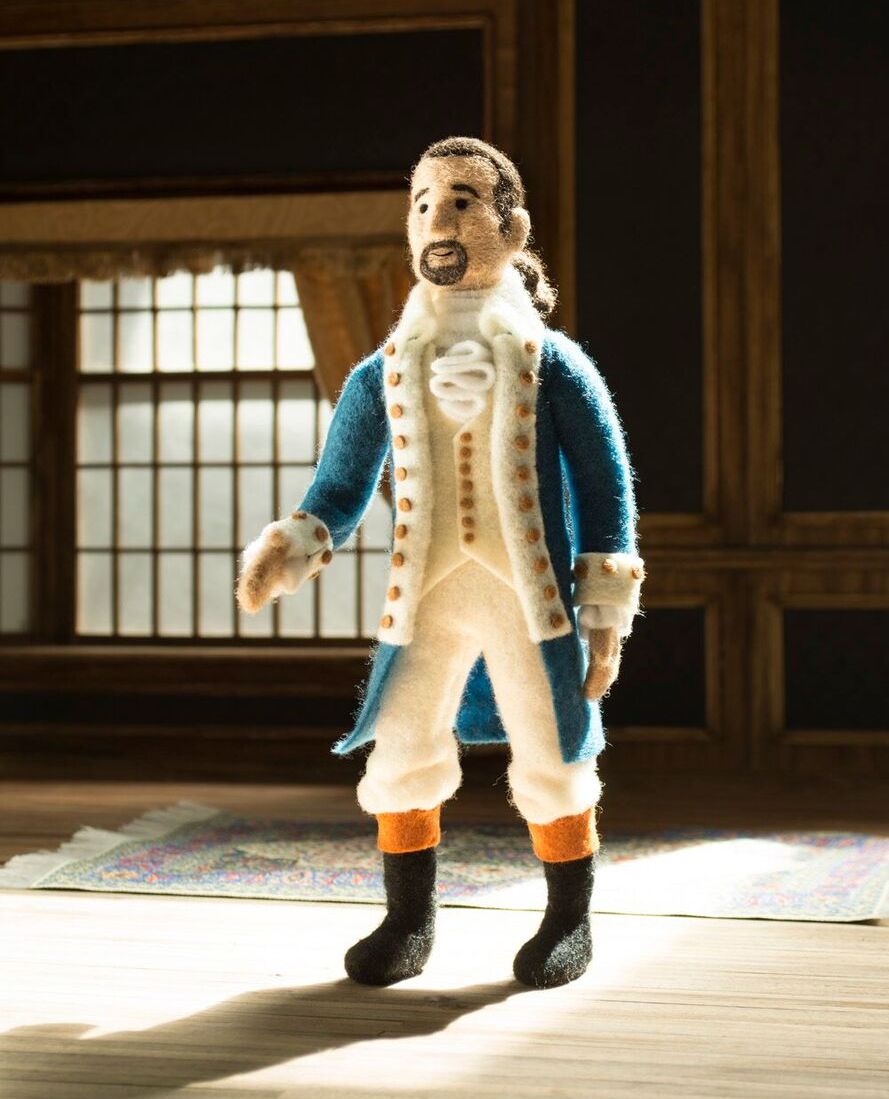 On July 9, Lin-Manuel Miranda, star of the smash Broadway hit Hamilton, takes to the stage as Alexander Hamilton for the last time. In tribute, brothers Jack and Holman Wang, creators of the
On July 9, Lin-Manuel Miranda, star of the smash Broadway hit Hamilton, takes to the stage as Alexander Hamilton for the last time. In tribute, brothers Jack and Holman Wang, creators of the 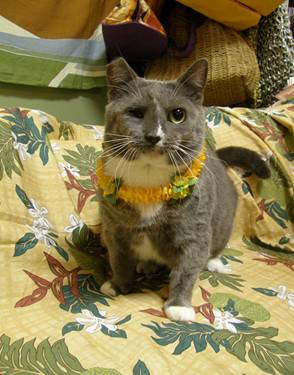 Kona Stories Book Store
Kona Stories Book Store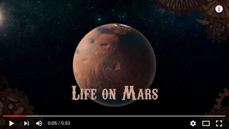 Arabella of Mars
Arabella of Mars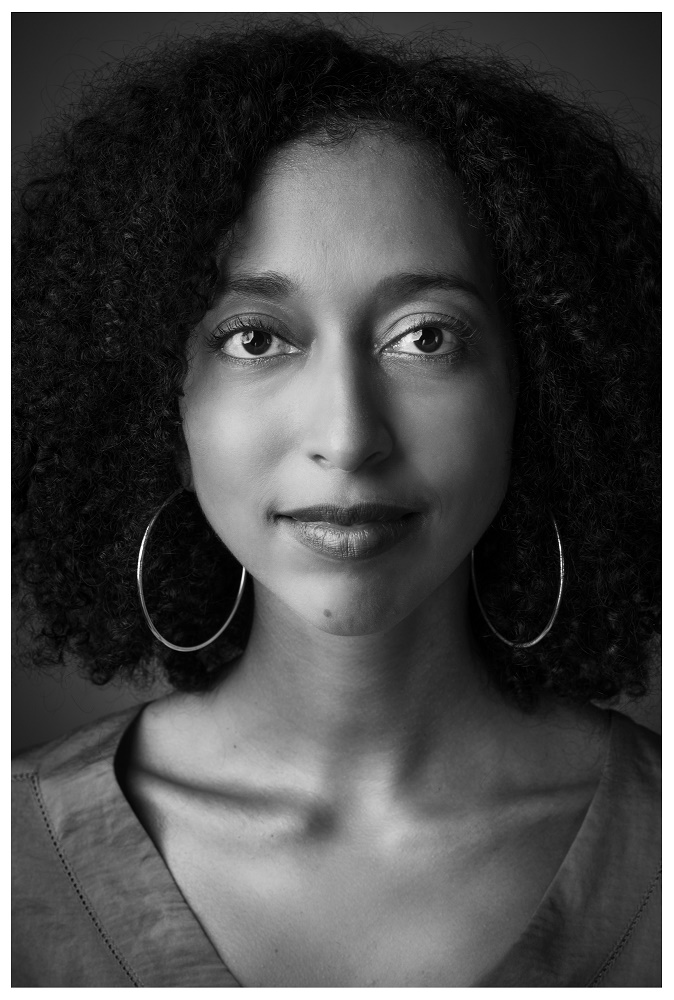
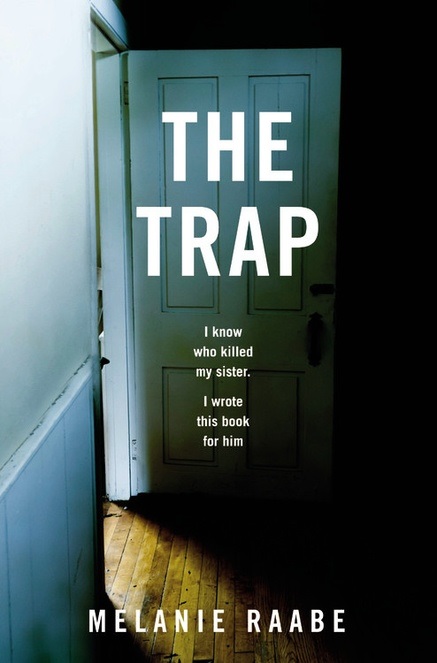 Book you're an evangelist for:
Book you're an evangelist for: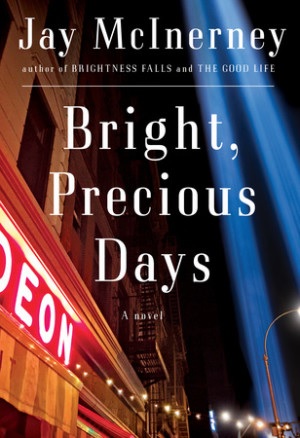 In a 2005 essay for the Guardian, Jay McInerney described himself as a "novelist who considers New York his proper subject." He returns to that preoccupation in his eighth novel, Bright, Precious Days, a sobering sketch of the city on the eve of the Great Recession, through the eyes of Corinne and Russell Calloway--first seen in his novel Brightness Falls and again in The Good Life--whose midlife marriage is about to endure its own upheaval.
In a 2005 essay for the Guardian, Jay McInerney described himself as a "novelist who considers New York his proper subject." He returns to that preoccupation in his eighth novel, Bright, Precious Days, a sobering sketch of the city on the eve of the Great Recession, through the eyes of Corinne and Russell Calloway--first seen in his novel Brightness Falls and again in The Good Life--whose midlife marriage is about to endure its own upheaval.